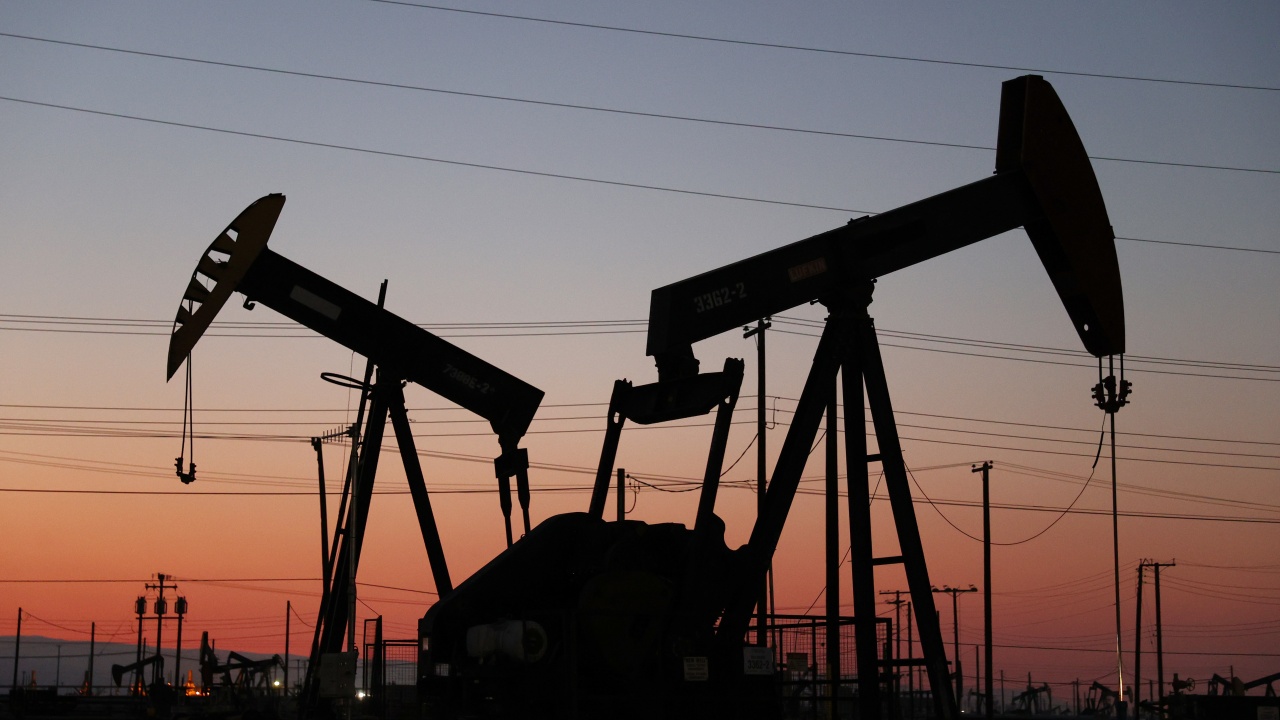Brussels is in a race against time to finalize a proposed price cap on Russian oil supplies in the coming days after EU governments failed to agree on where to set the price floor for Russian oil and whether to link it to a wider range of sanctions. Throughout the weekend, there were talks on the subject in the EU, writes "Financial Times".
The goal is to settle the issue by the deadline - December 5, when the previously agreed EU embargo on the maritime transport of Russian oil comes into force.
Talks have stalled in recent days as Poland has demanded a far lower price ceiling than the one advocated by the European Commission.
Brussels is working with G7 countries to implement a proposed price cap on offshore Russian oil to allow trade in the crude to continue, but at the same time reduce Moscow's ability to finance its war in Ukraine.
The initiative would ban a number of services essential to shipping Russian crude by sea unless the crude is sold at or below a price level agreed by the G7.
Among these services are insurance, financing, customs and logistics processing of cargo, etc.
Although EU member states are willing to join the measure, no agreement has yet been reached on the level of this upper limit.
"This is the moment when we have to send Vladimir Putin a clear signal that we are united," an EU diplomat told the British newspaper, criticizing Poland's decision to advocate a low price ceiling.
The European Commission is pushing for a maximum price level of $65 a barrel, but a group of member states led by Poland believe this would be ineffective because it is too close to the price Russia is already getting on the market, meaning the sanction will not punish the Kremlin.
Brent crude, Europe's price leader, is trading below $82 a barrel today.
Russia's Ural oil, on the other hand, is trading at a discount of around $66 per barrel.
Warsaw is pushing for a much lower marginal price, arguing that it is necessary to ensure that Putin's oil revenues are limited.
A senior Polish official commented on Sunday that his government supports the price cap in principle, but considers the $65 level "extremely high" compared to production costs in Russia.
Poland's government also wants the oil price cap to be included in a broader, ninth package of EU sanctions against Russia, but the Commission fears this could further complicate negotiations, the Financial Times also writes.
Ukrainian President Volodymyr Zelensky indicated on Saturday, quoted by Reuters, that the price of Russian offshore oil should be limited to $30-40 per barrel.
The US, for its part, tends to support the higher upper limit due to concerns that Russia may reduce the production of the raw material, which will limit the international supply and from there - the prices of the black gold will go up again.
Moscow will not supply oil and gas to countries that support the introduction of a price ceiling
Enforcing the oil price cap will require action not only by the G7 allies but also unanimous agreement among the 27 EU member states, as it means changing the already agreed EU embargo on Russian offshore oil , which is due to enter into force on December 5.
EU
Russian oil
